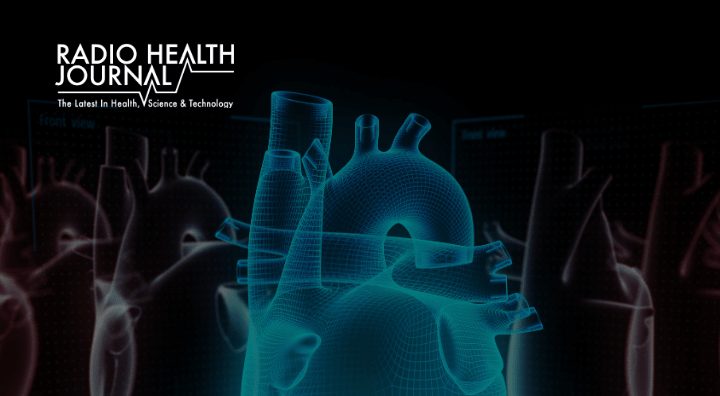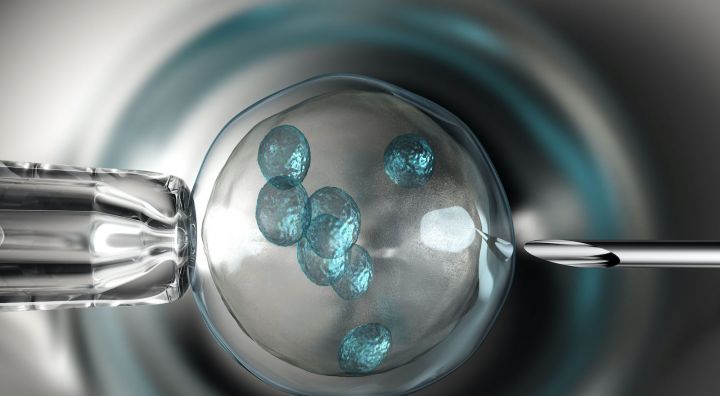As St. Patrick’s Day approaches—one of the biggest drinking holidays of the year—an expert discusses why hangovers occur and what might work to prevent them and recover from them.
Guest Information:
- Dr. Laura Veach, licensed clinical addiction specialist and Associate Professor of Surgery, Wake Forest University School of Medicine
Links for more info:
17-11 Hangovers
Nancy Benson: St. Patrick’s Day is celebrated in more countries of the world than any other national festival. In the United States, it’s the fourth most popular drinking day of the year after New Years Eve, Christmas and the Fourth of July. And many of the drinks of course are green.
Dr. Laura Veach: I think of all the green drinks with celebrating some of these occasions that are coming up, it may be much harder to know the, if you will, concentration of alcohol much less how much measuring really would be going on.
Benson: That’s Dr. Laura Veach, Associate Professor of Surgery at the Wake Forest University School of Medicine; she’s also a licensed clinical addition specialist with faculty appointments in psychiatry and behavioral medicine. In that role she’s become and expert on hangovers.
Veach: When we do have great concentration, higher levels of alcohol content in say vodka or rum or some of the higher proof whiskeys, we’re gonna see more complicated hangovers and more likelihood of those than if we were drinking beer that has much less alcohol content; around 5%. You know most people, when they’re over partying, are not gonna ask a lot of questions about, “What’s the percentage of alcohol in here? What proof is being used in these punches?” So they may be consuming far more than they’re used to and their body is used to and they may be exceeding limits that are gonna put them more at risk for those really nasty hangovers.
Benson: However beyond a hangovers connection to alcohol, Veach admits there’s a lot we don’t know about them. For example, what’s going on in the body to make them happen in the first place?
Veach: With all this research and all of this knowledge and certainly, a lot of experiences with people having drunk too much and then having hangovers, we really do not in a research manner understand exactly what is happening that causes some people to have horrific hangovers and other people to just sail right through and act as is nothing has happened. So, we’re still trying to understand that. For example, we don’t know whether age or gender differences is involved in hangover severity or duration. We wonder, does some associated brain cell death, especially when there’s binge drinking involved, have a connection to that headache that goes along with those awful hangovers? More research is needed.
Benson: Alcohol may make people dance on tables but it’s actually a depressant in how it works on the central nervous system.
Veach: And even though you’re acting like you may have a lot more energy and be dancing like you’ve never danced before, it’s actually freeing up the part of your brain that’s a little more inhibitant (sic). So it depresses some of that natural guardedness around what we’re doing and inhibitions. So we know that when that alcohol depresses the central nervous system that has a scatter shot affect on the brain. And when alcohol is leaving, and it has finally been completely eliminated from the body there’s this central nervous system shake up if you will; it is trying to get back in balance and that’s what we believe happens with some of the symptoms that we see – the headaches, the malaise, the irritableness, the grouchiness.
Benson: In a sense, Veach says, a hangover is the lowest level of alcohol withdrawal, that’s where the edginess and mood comes from.
Veach: Some people report, you know they may have a heavy drinking kind of experience over doing it, at about 4am they’re wide awake and they’re sort of jittery and their nerves are on edge. Well, that’s because the central nervous system has flipped, almost if you will, into an excited kind of stage; it’s gone from that depressed drug affected by alcohol stage to a more, “Ooh! Excited, what’s going on here?!” So that’s what sends the central nervous system in more of a cascade event and alarm and what we call a “hang over.”
Benson: So if a hangover is and alcohol withdrawal symptom does that mean the “hair of the dog” or more alcohol is a legitimate way to feel better? Veach says “no,” It’s about as valid as the old myth that coined the phrase.
Veach: People believed in olden times that when someone, I don’t know if you know the story, was bitten by a rabid dog – the belief was, if you could clip some of the hair from the dog that bit the person and give that to them to ingest and swallow that they would be cured of rabies – and as we know, that is not the cure. So neither is drinking again to try and cure the hangover, what it does is give the body some of more of the alcohol, certainly slows down the effects of the hangover. Its sort of, if you will, cushions and help the hangover not be as harsh. But the hang over, the actual alcohol, is still happening. Some of the symptoms may dampen, but it’s still there.
Benson: Alcohol is a diuretic so people who are suffering from a hangover are often dehydrated. Veach says drinking water to rehydrate isn’t a bad idea, but it’s not a cure. Companies even exist, notably in Las Vegas, which offer IV’s for fluids and electrolytes the morning after a binge. But getting over it still takes time more than anything else.
Veach: The liver goes at one speed and one speed only; doesn’t matter how much coffee, how many drinks, hours or how much stumbling around they do, it will not speed up the livers breakdown of the alcohol from the body. So, that’s what’s going on when there’s a hangover – the central nervous system and the liver are very involved in breaking down alcohol and it being eliminated from the body. No matter how much water you drink or how much hydration you have we do not see, in the research that does anything to cure the hangover of the effects of alcohol leaving the body.
Benson: Drinking one glass of water per alcoholic drink during a night of partying could be more helpful if only because you’re consuming less alcohol and Veach says that’s really the key to avoiding a hangover; consuming less alcohol. She advocates a little planning ahead of time.
Veach: Talk with friends, make some agreements about what’s too much, just even beginning to open that drawer the ideas about pacing, you know “I’ll only have one drink per hour,” is limited to that. If you want to be in the spirit of the party, you can have a non-alcoholic colourful drink that may be, just is whatever, green or pink or purple but it doesn’t have any alcohol in it.
Benson: If you don’t follow that advice and find yourself feeling awful the morning, after all, Veach can suggest is something for your headache and eye shades to keep out harsh painful light, because for revelers a hang over cure is still an elusive holy grail. You can find out more about all our guests on our website, RadioHealthJournal.net. Our production director is Sean Waldron. I’m Nancy Benson.
Sign up to receive email updates
Enter your name and email address below and I’ll send you periodic updates about the podcast.











Leave a Reply